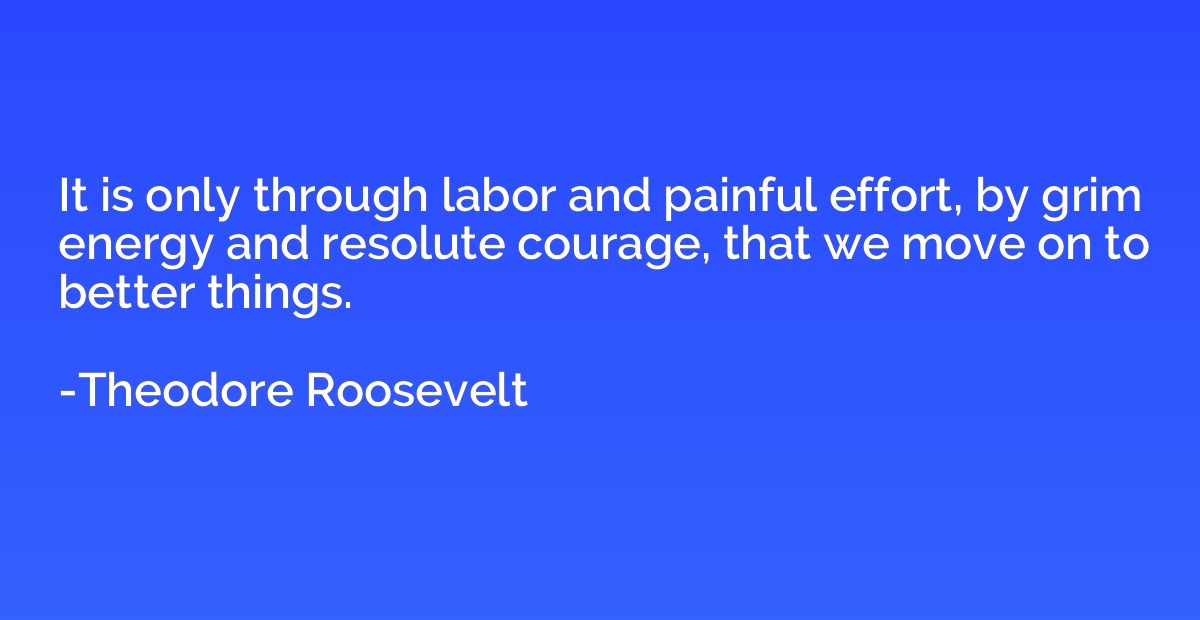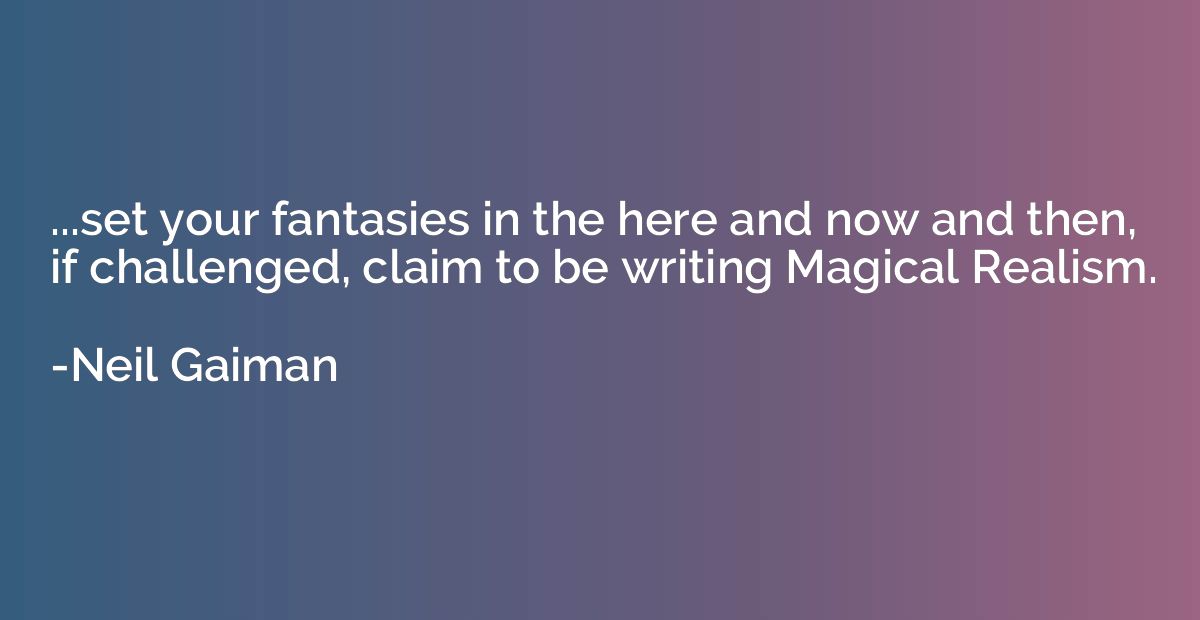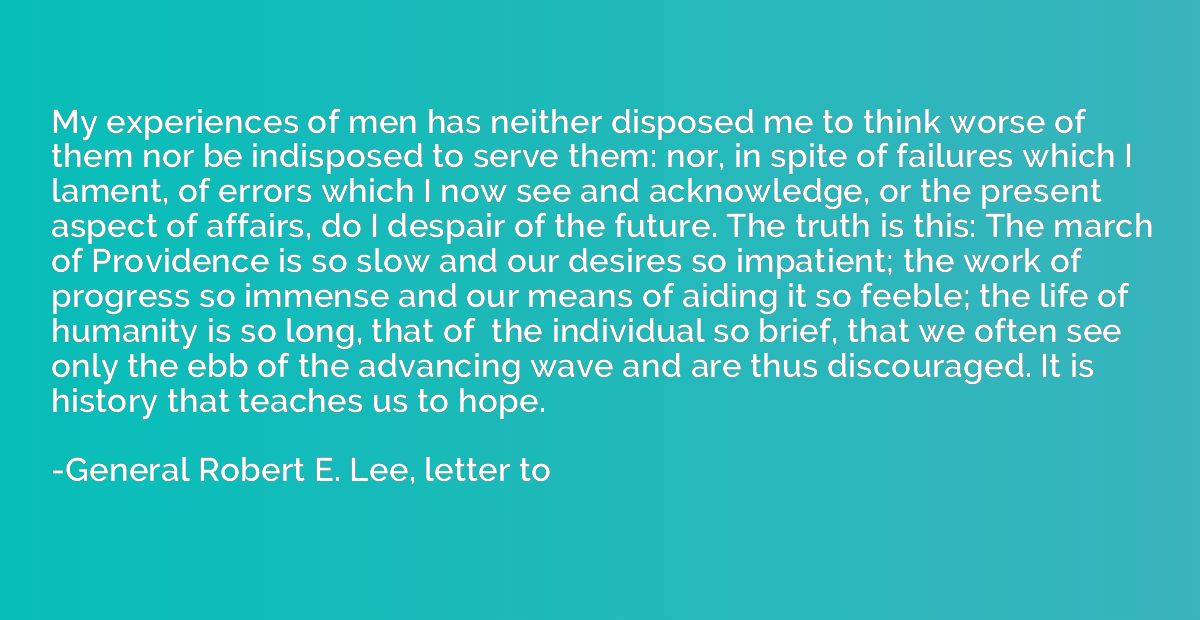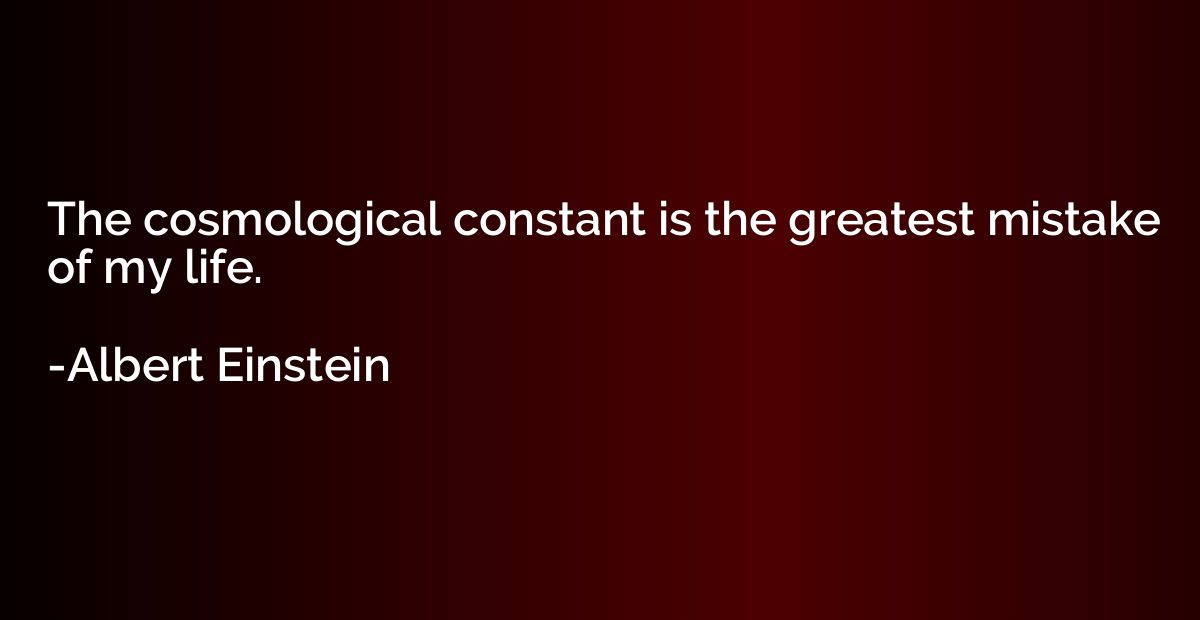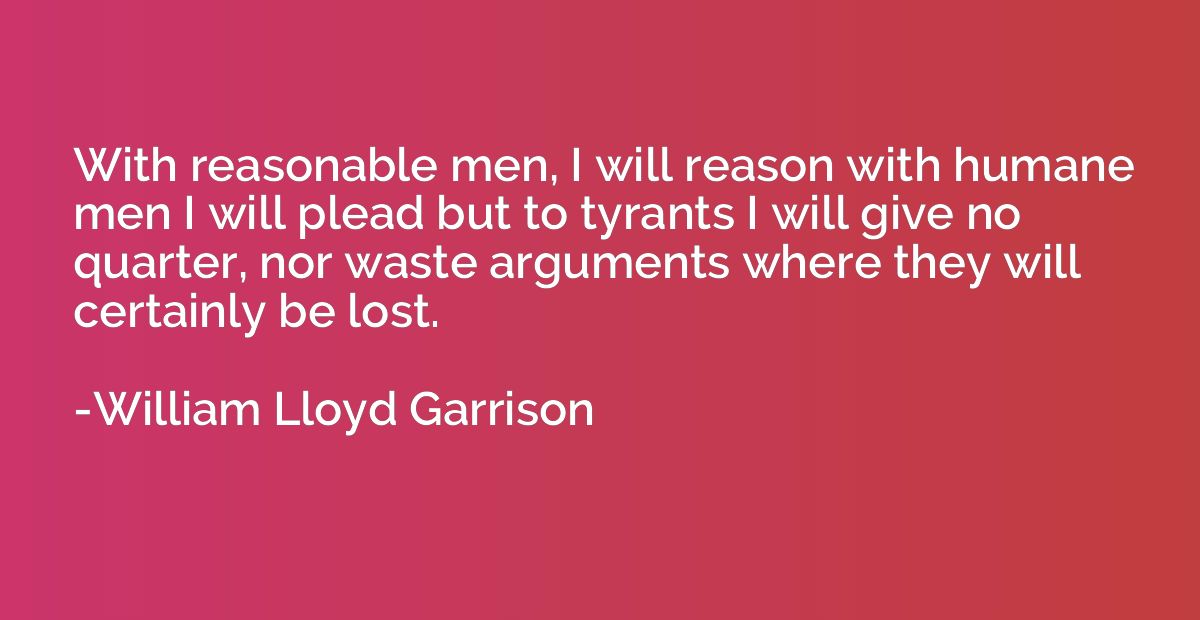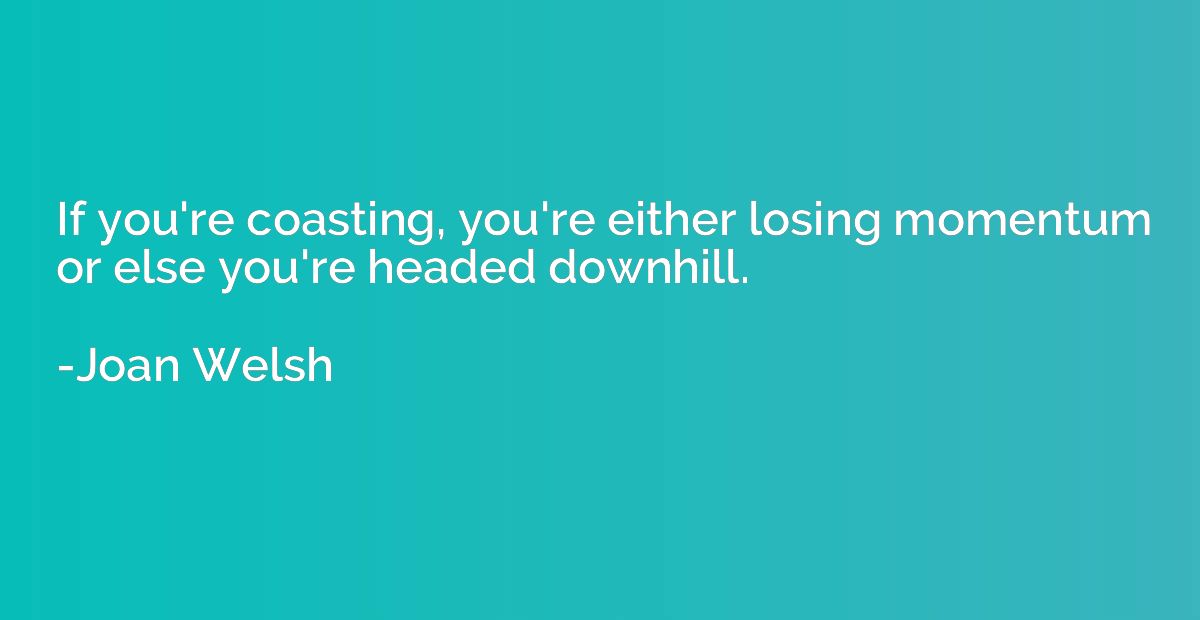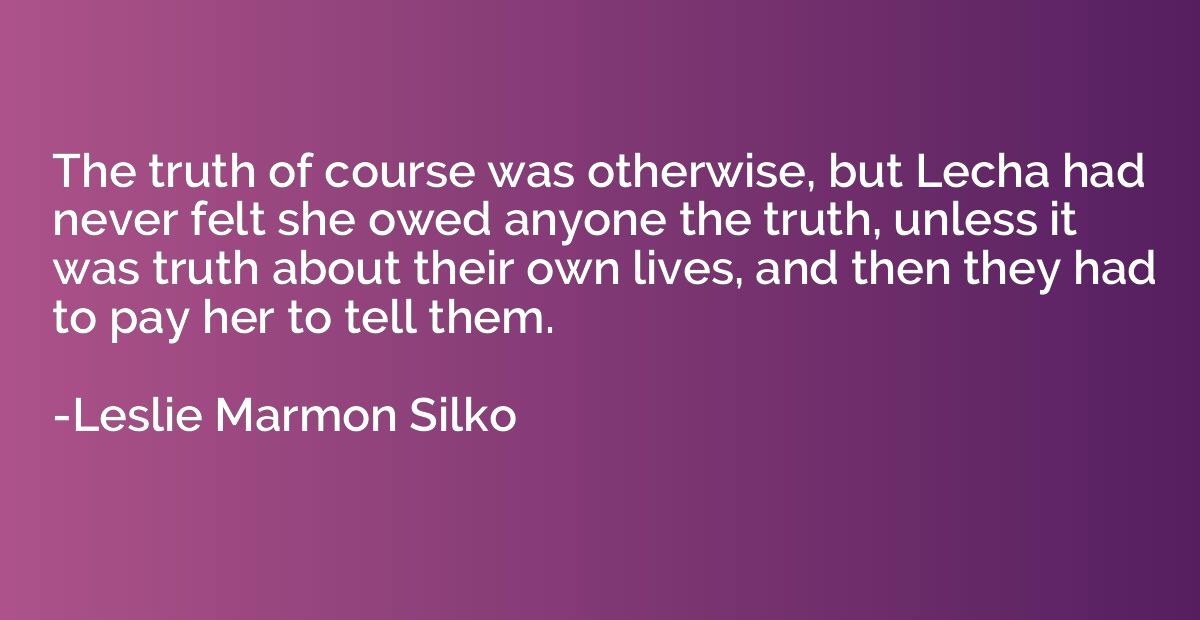Quote by Samuel Johnson
It matters not how a man dies, but how he lives. The act of dying is not of importance, it lasts so short a time.
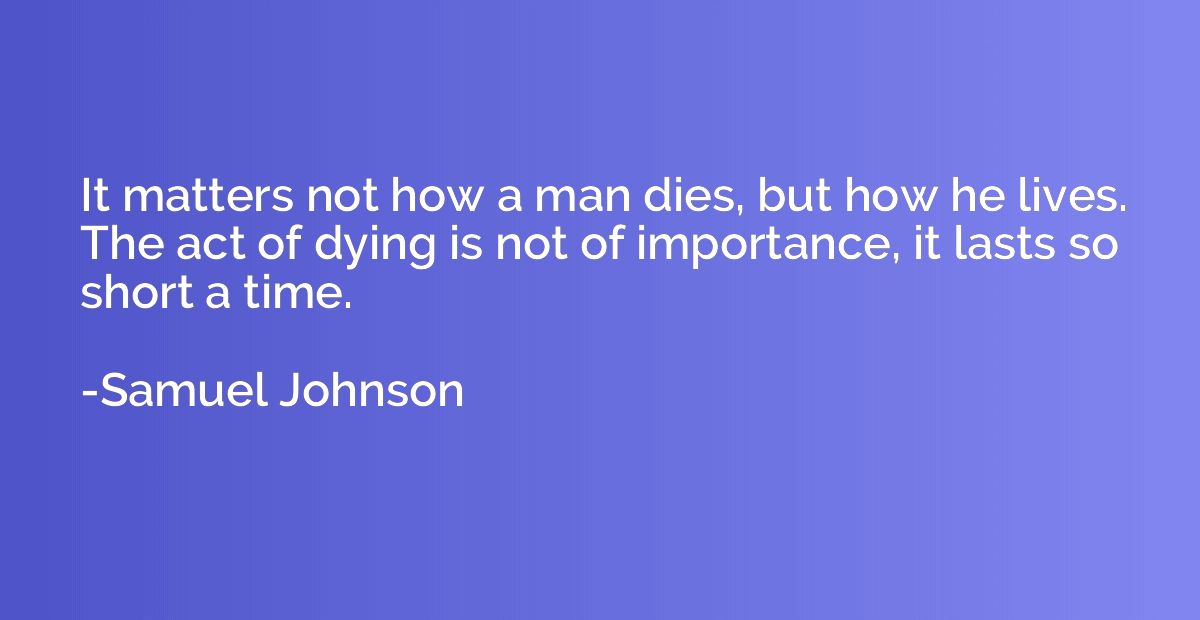
Summary
This quote highlights the fleeting nature of death compared to the significance of one's life. It suggests that what truly matters is not the manner in which a person dies, which is transitory, but rather how they choose to live their life. The quote emphasizes the importance of the choices and actions a person makes during their time on Earth, as they have a lasting impact and define the substance of their existence.



